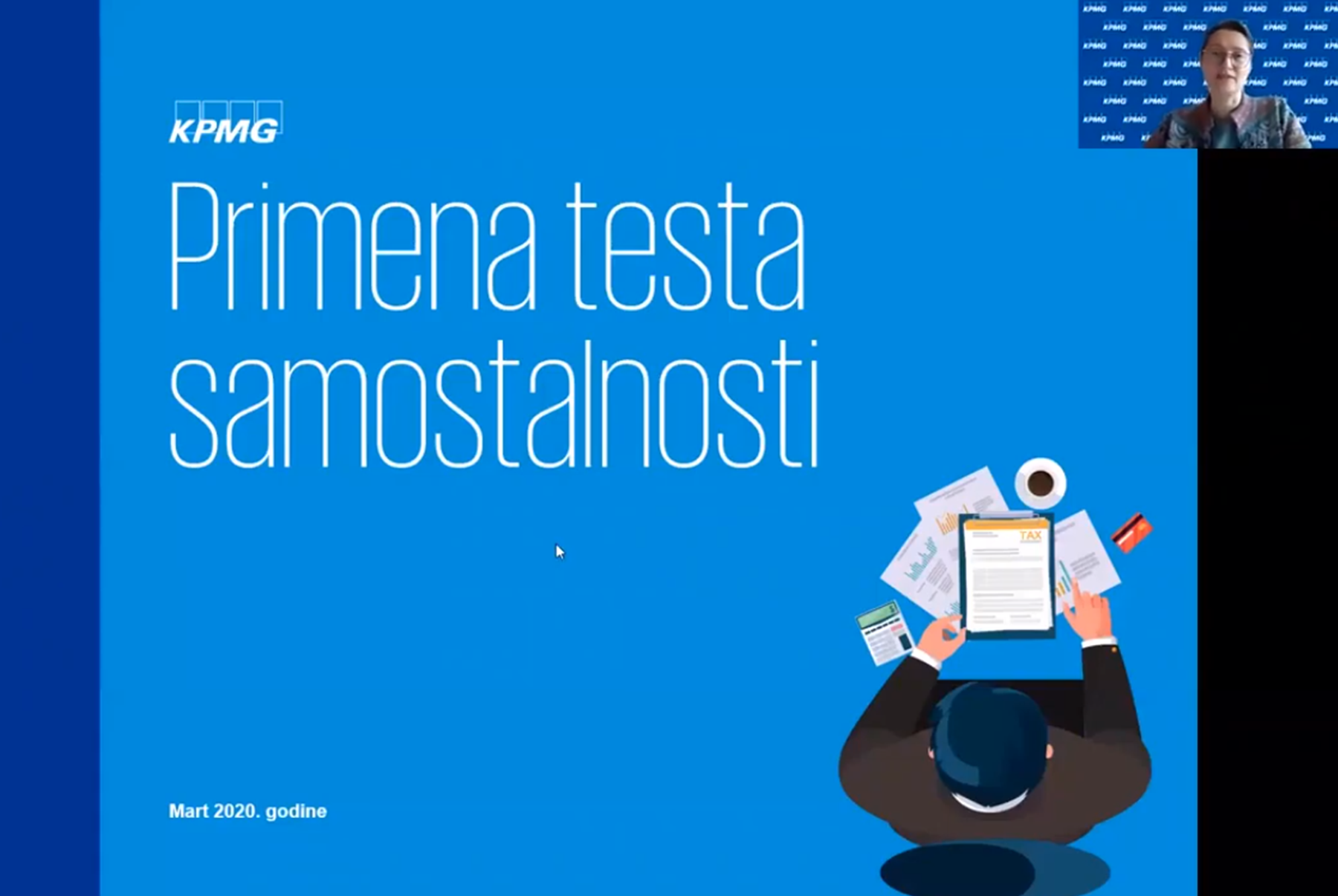Entrepreneurs in the jaws of bureaucracy - why one payment when you can have four?
The state and entrepreneurs lose more than 260 million dinars due to the rebooking of incorrectly paid taxes and contributions, according to a new analysis conducted within the StarTech program to support innovation and digital transformation of the Serbian economy. Namely, each request for rebooking means an average cost of 5,280 dinars and requires a considerable amount of involvement from Tax Administration officials who have to compare payments and debts, make a decision and complete the bookkeeping.
We can see that the number of errors is related to the number of payment accounts by the fact that the number of overbookings among lump-sum payers and "bookkeepers" who do not pay themselves wages and have four payment accounts is 2.5 out of 10 entrepreneurs, while among entrepreneurs who pay personal earnings and have only two payment accounts, the number of submitted requests is 0.1 per 10 entrepreneurs. In 2021, they submitted only 784 requests, or 1.6% of the total number. The introduction of a unified payment, i.e. a single account, would reduce the number of payments up to four times, which would make it easier for entrepreneurs to do business and significantly reduce administrative costs.
The most payments are made by two groups of entrepreneurs - lump-sum workers and entrepreneurs who keep business books, but do not pay themselves personal earnings (almost 9.2 million) - and the existing procedure forces them to pay obligations to as many as four accounts. If they want to pay themselves a benefited internship, they have an additional, fifth account.
- More than 250,000 entrepreneurs in Serbia annually make as many as 10.7 million payments to the state in the name of taxes and contributions. NALED's recommendation is to establish payment to one instead of four accounts, which would not only save time and money for the action that the entrepreneur performs every month, but would also reduce the room for mistakes. In 2021, 50,000 requests for rebooking were submitted to the Tax Administration, which is less than 5% of the 10.7 million payments, but when we look at it in relation to the number of entrepreneurs, we see that we have two requests for rebooking for every 10 entrepreneurs - says Igor Lončarević , vice president of NALED's Alliance for Fair Competition and partner in KPMG, which created the analysis for NALED's needs.
The analysis by KPMG and NALED elaborates on three options for the introduction of unified payment and their advantages and challenges. It is recommended that entrepreneurs are given a simpler payment according to their PIB, while receiving a unique BOP (payment authorization number) for each month, which would make it easier for institutions (PU, PIO, RFZO, etc.) to monitor payments and the age of the debt , and an opportunity would be opened for the automation of procedures for eSickness, maternity leave, etc.
- In support of the idea of introducing a unified payment is the fact that it requires no changes to the law, but only an amendment to the regulations that would introduce a single account, while the PU and the Treasury Administration would regulate the redirection of funds to individual institutions by protocol. This means that the responsibility for the proper distribution of money would no longer be on the entrepreneurs but on the state - points out Lončarević and adds that the single account would be used by lump-sum workers and entrepreneurs who do not pay themselves earnings, while entrepreneurs with personal earnings would pay taxes to this account, and to others other obligations.
According to the data of the Tax Administration for the last year, the most numerous among entrepreneurs are lump-sum recipients - 123,829. There are 63,686 entrepreneurs with personal salary payments, and 67,258 other entrepreneurs. In 2020, all of them paid 11.6 billion dinars in income tax and 30.7 billion in contributions. Although it is only about 5% of the total income of the state from taxes and contributions and is disproportionately less compared to companies, the importance of entrepreneurs is in their number. They make up 48.8% of the total number of taxpayers. According to APR data, their number reached 297,600 this year (including entrepreneurs who reported a temporary stoppage of business). Also, they are an important source of employment and make up a fifth of the workforce in the economy. Together with their employees, there are 390,000 of them, according to the data of the Republic Institute of Statistics.
StarTech is a three-year project to support innovation and digital transformation of the economy in Serbia, implemented by NALED, in cooperation with the Government of Serbia, and financed by the Philip Morris Company in Serbia. The goal of the project is to accelerate the growth of entrepreneurs, micro, small and medium enterprises and transform the traditional economy into a digital one.



